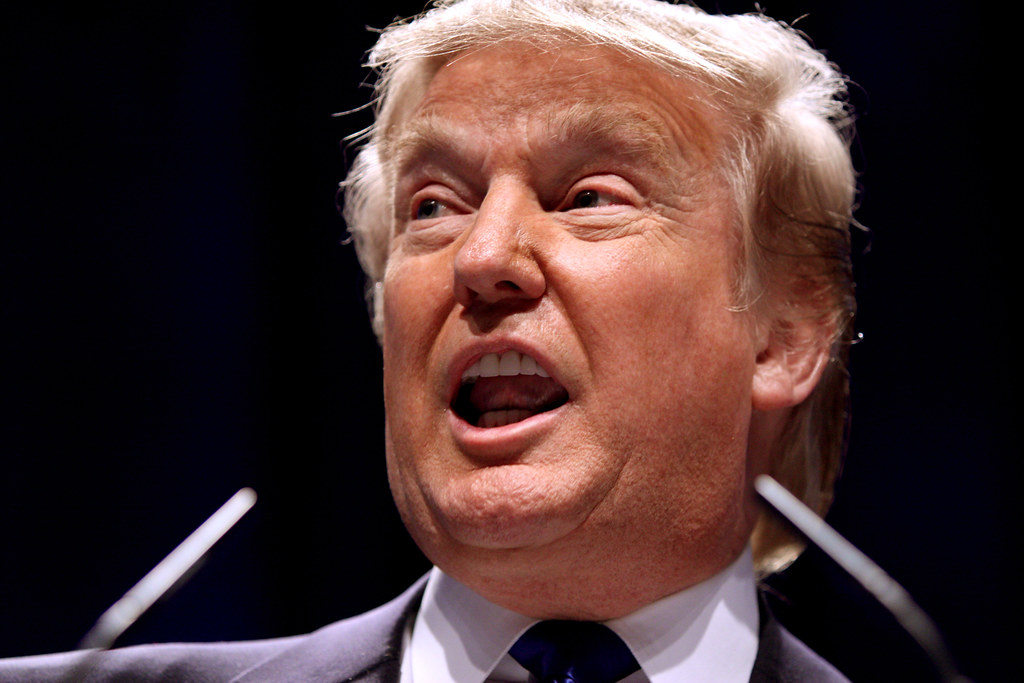Key Takeaways:
- Donald Trump commuted the sentence of former Rep. George Santos.
- Santos pleaded guilty to wire fraud and aggravated identity theft.
- Trump cited harsh treatment and extended solitary confinement.
- Legal experts warn victims may never see their money back.
- The usual pardon process and victim input were bypassed.
Trump Frees George Santos: What You Need to Know
Former President Donald Trump shocked many by announcing the immediate release of George Santos. Santos was serving a seven-year prison sentence for wire fraud and identity theft. Trump claimed Santos faced unfair treatment and harsh solitary confinement. The move ignited debate over presidential commutations and victims’ rights. In addition, legal analysts questioned why normal pardon review was skipped.
Inside George Santos’ Commutation by Trump
On Friday night, Trump used Truth Social to announce George Santos’ release. He said Santos would walk out of prison at once. Trump called the sentence “harsh” and said it went beyond justice. Moreover, he argued that Santos’ time in solitary confinement demanded relief. The statement included no mention of any repayment requirement for defrauded victims. Therefore, experts now fear that Santos’ victims may never see compensation.
Background on Fraud Case
George Santos entered Congress as a Republican representing New York. However, authorities later uncovered a web of lies about his education, job history and heritage. An investigation revealed he had misled donors and falsified documents. In December, Santos admitted to multiple fraud charges. He confessed to stealing from vulnerable people and using fake identities. A federal judge sentenced him to seven years in prison. At sentencing, prosecutors hailed the decision as a triumph for accountability.
Reaction from Legal Experts
Legal analysts on CNN dubbed Trump’s move “extraordinary.” Former pardon attorney Liz Oyer noted that most commutations erase the financial part of a sentence. Consequently, fraud victims lose hope of repayment. “He is forgiving the money portion,” Oyer said. She added that Trump ignored the established pardon process, which usually includes victim input. Normally, the Justice Department reviews every pardon request carefully and consults with victims. In this case, no victims were asked whether they objected. Oyer called the sudden shift a “complete about-face” from the earlier message of accountability.
Impact on Victims
Victims of George Santos’ fraud include individuals and small donors. They contributed money believing in Santos’ false claims. With the commutation, those victims face hefty losses with no legal recourse. Many relied on court orders to recover funds through restitution. Now, the path to repayment may vanish. In addition, the sense of closure for victims has been stripped away. They must grapple with the reality that their voices went unheard.
Why Process Matters
The pardon and commutation process exists to ensure fairness. For example, it provides time for thorough review of each applicant’s case. It also requires consultation with the U.S. attorney who prosecuted the crime. Moreover, it seeks input from victims to address their concerns. Bypassing this process can threaten trust in the justice system. It can also undermine the principle that equal treatment under the law applies to all. Finally, it raises questions about presidential power and accountability.
Looking Ahead
George Santos will reenter society immediately after his release. His future plans remain unclear, but public scrutiny will intensify. Meanwhile, victims and advocates are exploring legal options to challenge the commutation. Congress may debate new rules to tighten the pardon process. In addition, election campaigns could feature this controversy as a key issue. For now, the sudden release of George Santos stands as a striking example of sweeping presidential authority.
Conclusion
The commutation of George Santos by Donald Trump has stirred strong reactions. While the former congressman regains his freedom, his victims face unanswered questions. The bypassed process leaves a lasting mark on the justice system. Ultimately, this case highlights the tension between presidential pardon power and victims’ rights. As the nation watches, calls for reform may only grow louder.
FAQs
How did the commutation affect George Santos’ prison sentence?
Trump’s commutation ended Santos’ seven-year sentence immediately, freeing him from prison.
Will George Santos have to repay his fraud victims?
Traditionally, commutations erase financial penalties, so Santos likely won’t have to pay restitution.
Why did Trump skip the normal pardon process?
Trump announced the commutation directly on Truth Social without seeking Justice Department review or victim consent, bypassing standard procedures.
What might this commutation mean for future pardon requests?
The move could prompt Congress to tighten rules around pardon reviews and victim involvement to ensure fairness.
